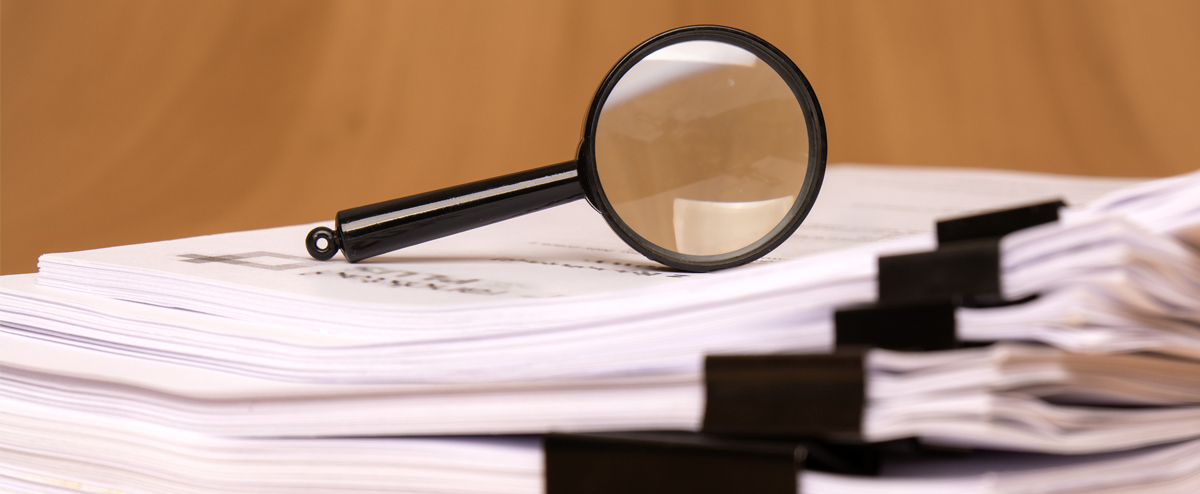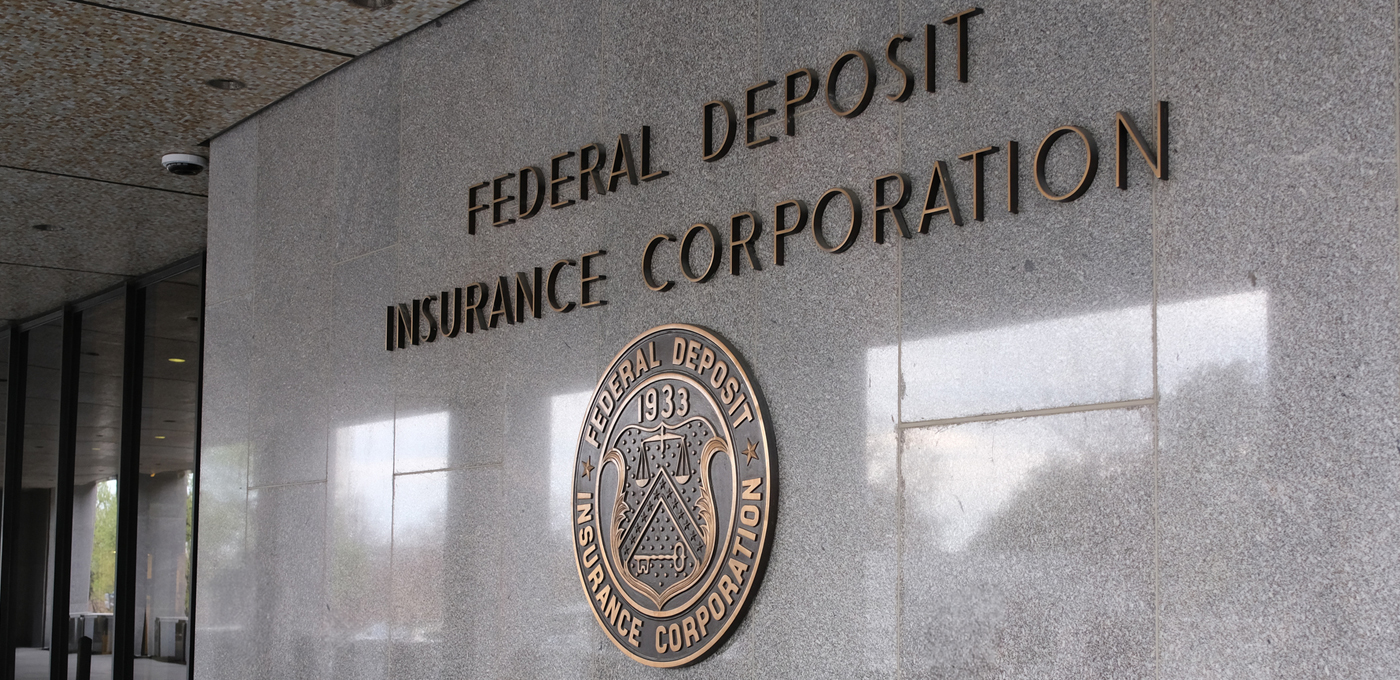Savings
Everyday savings made simple, along with money market and health savings accounts for specific needs.
Our banking and mortgage centers will be closed Monday, January 19, in observance of Martin Luther King Jr. Day. You can still access your deposit accounts through Digital Banking or by visiting a First State Bank ATM.
FDIC-Insured - Backed by the full faith and credit of the U.S. Government
Checking with perks or just the basics.
Earn interest and checking account bonus rewards.
Get perks plus no monthly minimum and low fees.
Keep it simple with this low-cost checking account.
Build your balance with no overdraft fees holding you back.
Find the checking account that fits your life.
Enjoy the added benefits of a top-tier account.

Everyday savings made simple, along with money market and health savings accounts for specific needs.
Put your financial wellness first with options from basic to health savings accounts.
Open our basic savings account if you want low (or no) fees.
Give family members under 18 a savings account head start.
Step up your savings with a high-yield money market account.
Got a high-deductible health plan? You're eligible for an HSA.


Explore options to reduce your mortgage rate or monthly payments and consolidate credit card debt, or fund other financial goals.
Auto loans to credit builder loans–borrow with confidence from your local bank.
Buy a new car, truck, or SUV, or refinance an auto loan.
Finance your adventures on open waters or the open road.
Get behind the wheel of your dream RV at a great rate.
Reduce your rate and increase your borrowing power.
Get the rate and flexible terms. No collateral needed.
Build or rebuild your credit history and your credit score.



Bank online or on the go—free e-statements and digital wallet included.
Manage your finances whenever, wherever.
Go paperless. Cut clutter and enhance security.
Go cashless with our safe, convenient virtual wallet.
Check your credit score and protect your credit.
Send and receive money the fast, safe, and easy way.
Send and receive wire transfers safely and securely.



Low fees and minimums, high degrees of automated banking.
Cash management tools, plus credits to offset fees.
Easy interest and operating expense management.
For small to mid-size businesses with low volumes.
Find the account that helps grow your business.
The documents you'll need for your type of business.


Prevent check and ACH fraud from spoiling a good day. Access ACH Debit & Credit Positive Pay via digital banking to help combat fraud.



Start-up funds, working capital or financing for expansion, serviced in house.
Owner-occupied or investment, fixed or variable rates.
Flexible terms with fixed or variable rates.
Flexible terms with amortizations coordinated to the equipment's useful life.
Provides working capital for growing businesses.
Longer terms and low fixed rates for Missouri-based businesses.
Long-term, fixed-asset loans for land, building, and/or equipment.
Experts to help customize your loan for your unique needs.

Finance your commercial real estate project with the people's choice for "best commercial bank" and "best bank."


Prevent check and ACH fraud from spoiling a good day. Access ACH Debit & Credit Positive Pay via digital banking to help combat fraud.

Finance your commercial real estate project with the people's choice for "best commercial bank" and "best bank."

Finance your commercial real estate project with the people's choice for "best commercial bank" and "best bank."

Explore options to reduce your mortgage rate or monthly payments and consolidate credit card debt, or fund other financial goals.





Prevent check and ACH fraud from spoiling a good day. Access ACH Debit & Credit Positive Pay via digital banking to help combat fraud.

Everyday savings made simple, along with money market and health savings accounts for specific needs.

Finance your commercial real estate project with the people's choice for "best commercial bank" and "best bank."

Checking with perks or just the basics.

Everyday savings made simple, along with money market and health savings accounts for specific needs.
Put your financial wellness first with options from basic to health savings accounts.

Invest in your future with a safe, secure CD or IRA. Lock it in and let it grow.

Explore options to reduce your mortgage rate or monthly payments and consolidate credit card debt, or fund other financial goals.
Auto loans to credit builder loans–borrow with confidence from your local bank.

Rewards, cash back, cash-secured—find what you want in a credit card right here.

Grab cash or pay with a swipe or tap from your checking or savings account.

Bank online or on the go—free e-statements and digital wallet included.

Partner with a local bank that's invested in a lifetime of financial wellness.

Power save with our limited-time money market and CD special offers.

Low fees and minimums, high degrees of automated banking.

Make your funds work harder to meet your short-term needs.

Prevent check and ACH fraud from spoiling a good day. Access ACH Debit & Credit Positive Pay via digital banking to help combat fraud.
Cash back, rewards—and more of what you want in a business credit card.

Grab cash or cover everyday expenses, everywhere Visa® is accepted.

Experience the latest point-of-sale system with Clover from Fiserv.

Start-up funds, working capital or financing for expansion, serviced in house.

Finance your commercial real estate project with the people's choice for "best commercial bank" and "best bank."
Bank anywhere—all the essential money management tools included.

Partner with a local bank that's invested in a lifetime of financial wellness.

Prevent check and ACH fraud from spoiling a good day. Access ACH Debit & Credit Positive Pay via digital banking to help combat fraud.
Power save with our limited-time money market and CD special offers.

Finance your commercial real estate project with the people's choice for "best commercial bank" and "best bank."
Partner with our expert business lenders for a personalized experience.

Finance your commercial real estate project with the people's choice for "best commercial bank" and "best bank."
Home loans serviced in-house with the one-on-one attention you deserve.

Explore options to reduce your mortgage rate or monthly payments and consolidate credit card debt, or fund other financial goals.
Take an expert guide on your homeownership journey.

Calculators and an in-depth glossary to keep you informed.

Ready to make an offer? So are we. See what's new.

Find a banking or mortgage center near you.

Email, call, or pay us a visit. We'd love to see you.

Prevent check and ACH fraud from spoiling a good day. Access ACH Debit & Credit Positive Pay via digital banking to help combat fraud.
Take a trip down memory lane all the way back to 1867.

Everyday savings made simple, along with money market and health savings accounts for specific needs.
Learn about our commitment to community support.

Finance your commercial real estate project with the people's choice for "best commercial bank" and "best bank."
Pursue a career with purpose, possibility, and people who care.




Bank News, Managing Your Money | November 5, 2025
It might sound too good to be true—but there’s a chance the State of Missouri is holding onto money that belongs to you. According to the Missouri State Treasurer’s Office, they are currently safeguarding more than $1.5 billion in unclaimed property.
Maybe it’s an old paycheck that never got cashed, a forgotten bank account, or an insurance refund that never reached you. On average, 1 in 10 Missourians has unclaimed property—and the typical return is around $300. Best of all? There’s no fee to claim it. And the process is easier than you might think.
Unclaimed property is any financial asset that’s been inactive or forgotten for a certain amount of time—usually between one and five years. Think of it like money that’s fallen between the couch cushions of life. Some common examples include:
When businesses or financial institutions can’t locate the rightful owner, they’re required by law to turn those assets over to a state’s unclaimed property division for safekeeping. From there, the money sits and waits for you.
It’s surprisingly easy to lose track of financial assets. People move, change jobs, or forget to update their contact info. Maybe a relative passed away without a clear estate plan. Or perhaps you just lost track of an old account over the years.
Whatever the reason, it happens all the time—and not just to other people. That’s why checking for unclaimed property is worth a few minutes of your time.
Most states make it easy to search for unclaimed property through a free, secure website. If you’ve ever lived or worked in Missouri, Kansas, or Arizona, here’s where to start:
Each site walks you through the process, step by step. Just enter your name and see what pops up. Tip: Try a maiden name or old address, too.
If you’ve lived in multiple states—or if you’re helping a relative search for property—consider casting a wider net. The National Association of Unclaimed Property Administrators (NAUPA) offers a free multi-state search tool that covers participating states and even some U.S. territories.
You can also explore databases for federal agencies, such as the IRS or the Treasury, which may hold tax refunds, savings bonds, or other assets.

It’s worth searching for the names of your parents, siblings, or grandparents for unclaimed property. Especially if you’re the executor of an estate, you might uncover something they didn’t even know they had.
To prove you’re the rightful owner, most states will ask for:
If you’re missing something, don’t worry—there are often workarounds or alternative documents you can provide. Some states even accept digital copies to help speed things along.
If the process feels complicated—especially with estates or legal documents—you might consider reaching out for help. Our First State Wealth team is always here to assist with the next steps.
At First State Bank of St. Charles, we believe in helping our customers get every dollar they’ve earned-whether it’s through better financial products or simply pointing them to money that’s rightfully theirs. Searching for unclaimed property is quick, secure, and surprisingly satisfying.
So go ahead—see if there’s a little treasure waiting for you. You just might find more than you expected.

Bank News, Fraud Protection & Account Security
Read More Security Tips: How to Protect Yourself from Bank Scams and Phishing Attempts

Bank News, Managing Your Money
Read More The End of the Penny: What the U.S. Treasury’s Decision Means for Consumers and Businesses

Managing Your Money
Read More Are Your Accounts Covered with FDIC Insurance?

Managing Your Money
Read More We Can Help Your Family Navigate Your College Banking Options!